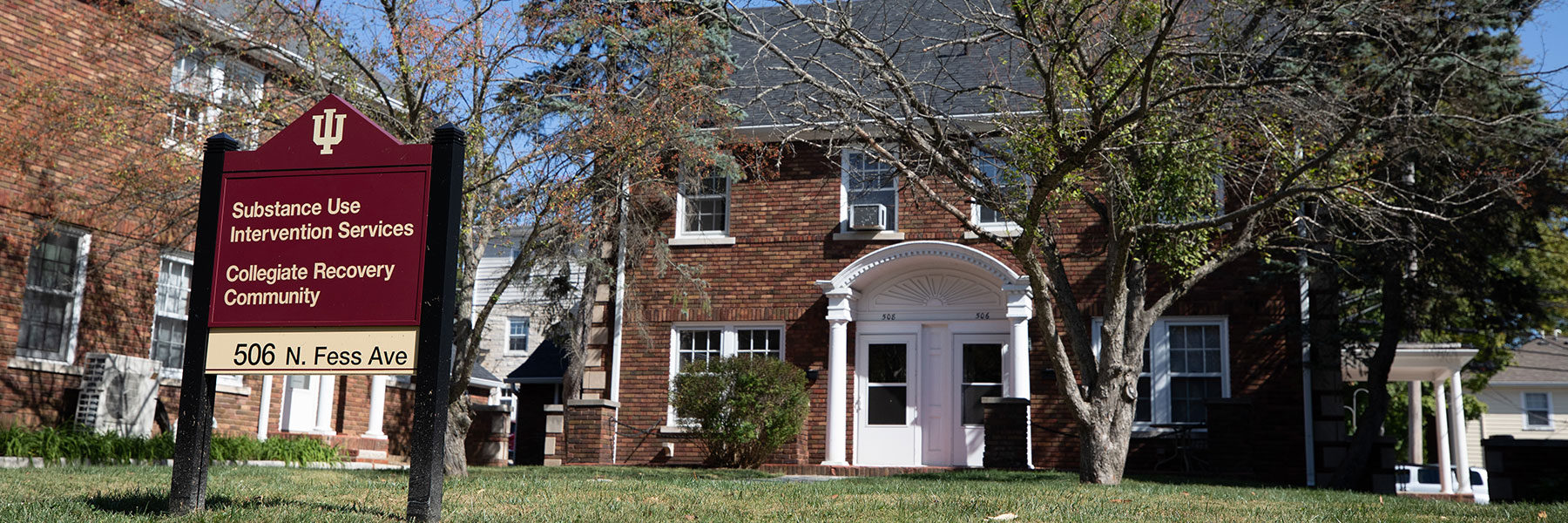Substance Use Intervention Services offers a safe, judgment-free space for drug and alcohol use and recovery support through the Collegiate Recovery Community. Call to make an appointment, or drop in during office hours.
Students also can request a meeting with a counselor to discuss their own substance use or concerns about a friend. Students who have been involved in minor alcohol-related incidents on campus may also be asked to meet with a counselor to reflect on their decisions as an alternative to participating in the campus judicial process.




